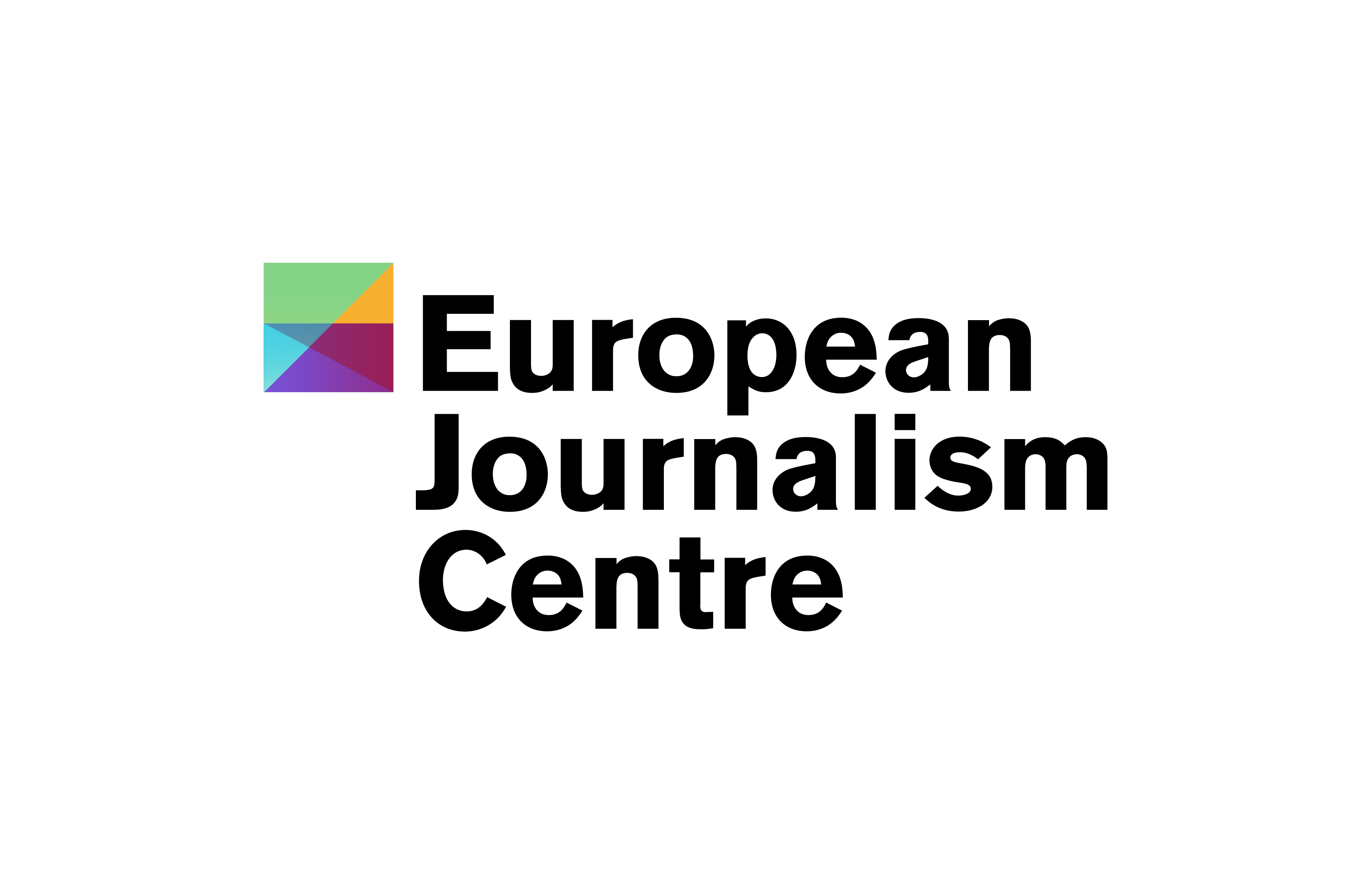WP11 – Media practices
Media play an important role in the public debate around intra-EU migration and mobility. The way media frame the topic – and the contexts, angles, agendas, and biases media express through their coverage – may influence public perception, and thus, by proxy, the reactions of the political sphere as well. Indeed, media studies have found plenty of evidence for a relationship – though it is a complex one.
However, there are few existing research efforts that ask the question of why news media organisations report on these issues in the way that they do and hardly any that adopt a comparative, cross-cultural perspective. Do journalists merely pick up on, and perhaps amplify, pre-existing narratives or the positions of highly visible stakeholders? Or does public opinion perhaps follow the lead of media practitioners? Most likely, the truth lies in between: Public attitudes and media are part of a common dynamic that unfolds in different fashions across different countries or cultures.
This work package aims to find out about such dynamics in a number of EU Member States: Germany, Hungary, Italy, Poland, Romania, Spain, Sweden, and the UK. All of these countries are concerned with intra-EU and other migration in a number of ways – as countries of origin or destination, with a varying degree of social diversity or homogeneity, or with diverging labour markets and social security systems. Accordingly, it makes sense to assume that media cannot be detached from their surroundings. Journalists and public relations staff are citizens, too, and live in local communities.
We will survey media professionals in the aforementioned eight countries: Journalists representative of the respective media landscapes, and spokespeople for government agencies as well as for non-governmental organisations working on intra-EU migration.
We will look into the matter from two perspectives. On the one hand, we will probe newsroom working environments in general terms – so-called “institutional practices”: What are the conditions under which journalists perform their work? To what extent do they receive content or opinion related directions from their superiors, or are even pressured to report in a specific way? What kinds of general agendas and success criteria do commercial and non-commercial media organisations have?
On the other hand, we will look into the specifics of media work around intra-EU migration and mobility – the practical, everyday choices and attitudes that shape EU mobility coverage: What vocabulary is used by media professionals to conceptualise and describe the topic? How do they respond to the perceived public opinion related to it? What kind of distinctions and differentiations do they make when judging the newsworthiness of a potential story? To what extent do they reflect their own personal or cultural biases in the course of their work?
This survey will help us understand how national media narratives around the topic are formed, how existing media cultures affect those narratives, and whether any attempts at constructive intervention might be advisable. And it will also deliver more generic comparative insight into mediated opinion forming processes across countries, thus furthering mobility studies and media studies at the same time.
Publications
Working Papers
Media practices related to migration and intra-EU mobility in the EU-15 Member States
Media practices related to migration and intra-EU mobility in the EU-10 Member States
Report
Comparative report on cross-country media practices, migration, and mobility

